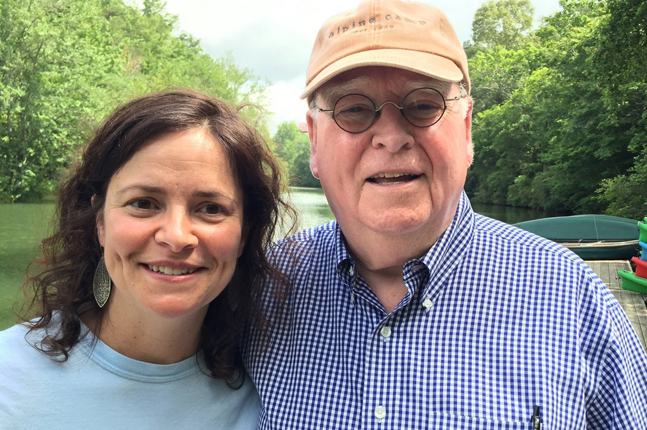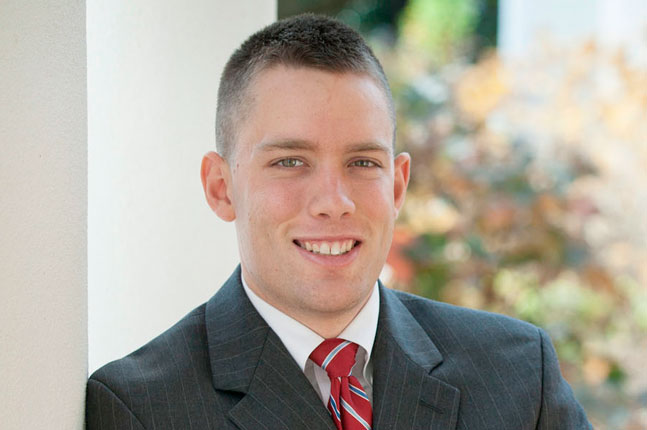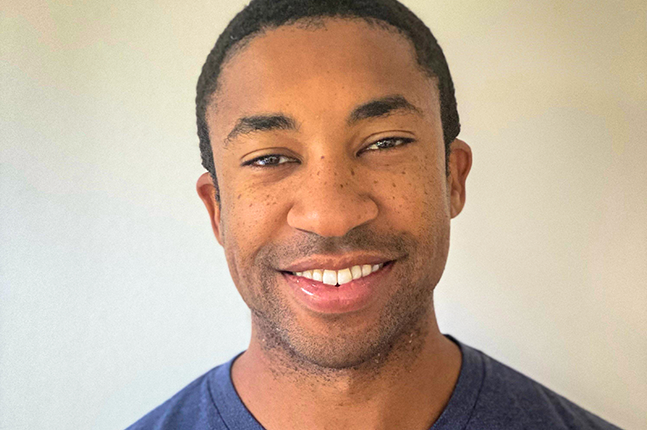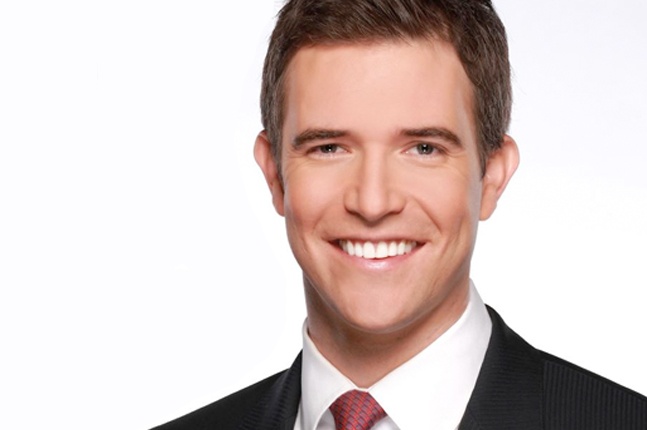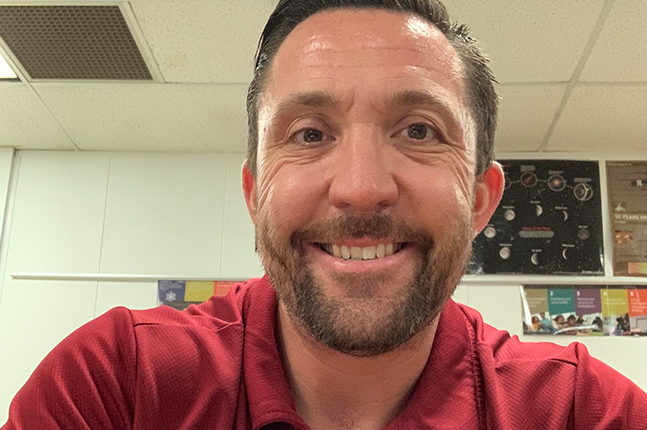As seen on AL.com.
Mentone, Ala. — There’s a belief, here in the highlands of North Alabama, that a person’s life is his story. Which is a powerful thing.
And up on Lookout Mountain, the story is God. And God is the story.
Certainly in the story of Dick O’Ferrall.
His is a magical one, if you ask his family and the friends close enough to call him “Mr. O.” And it all started, almost 60 years ago, with a terrible, horrible, no good trip to camp.
Which is enough to make those who do call him Mr. O laugh out loud. Because O’Ferrall wound up buying his own camp and turning it into the Alpine Camp for Boys in 1959.
You see, after O’Ferrall’s bad experience at one camp, he talked his parents into letting him visit another one far from his Jackson, Mississippi home. He came to Lookout Mountain for seven weeks, and his life has never been the same.
Thousands of lives have never been the same.
Because Mr. O – now 79 — has seen more campers and counselors than he can count come through his program. He has known families who sent generation after generation to his camp, passing the experience down like a treasured family heirloom.
They come for the shooting and fishing and hiking and climbing, for sports and games and all the things boys will find to do. But they come knowing that as the day breaks and at vespers, they will still find time to thank God for … this place.
It’s not a church camp up here, not affiliated with any denomination, but it is decidedly Christian. Mr. O and his family call it “low-key evangelism.”
The goal is that children will see belief in the action and compassion of the counselors and staff, that it will be translated through day-to-day actions. As O’Ferrall says, those children are far more likely to remember how a counselor acts on the basketball court than what he says in devotion.
O’Ferrall was 23 years old when he took out a loan and bought the first chunk of this camp. But it was when he married his wife Alice that magic began to happen, he said. She saw how details made all the difference.
Call it the Broken Window Theory of boy’s camp. For Alice knew that children would have more respect for a place if the tableware was set correctly. She knew that mothers would feel more comfortable leaving their children if flowers were planted and neatly trimmed.
It may have been coincidence – or just another part of Mr. O’s story – that O’Ferrall’s father was the man who delivered Alice. Not to his son, per se, but into the world. He was a doctor in Jackson, where he drove Alice’s mom to the hospital and brought his future daughter-in-law, and friend, into this world.
Family became – and remains — the most important element of this camp. O’Ferrall’s mom became the first recruiter of campers, establishing a Mississippi pipeline that kept the camp alive in the early days.
And while O’Ferrall worried that his father would push him to study medicine, his dad gave nothing but support. And family has followed. His daughter Carter and her husband Glenn Breazeale became co-directors when O’Ferrall semi-retired eight years ago, and his daughter Toy Harmon and her husband have also chipped in.
O’Ferrall never tried to force them into the family business, and never forgot the lesson his dad always knew.
“If you have a dream, pursue it,” he told them.
They love this place as much as he does, as it turns out. But it is O’Ferrall that really draws them back. Because, daughter Toy said, he always put as much effort into being a dad as he did at running a camp. And he put a lot of effort into camp.
“When I went through my darkest period love was defined for me as being able to talk to my dad” about the worst and most personal worries, she said. “He helped me to laugh at all the things that scared me the most.”
“He loves people,” daughter Carter said. “He wants to make everything special, and he wants everyone to feel special.”
Campers and counselors young and older flock to him.
“Good morning Mr. O,” a little one says.
“Good morning Mr. McFall,” O’Ferrall replies.
And the same happens all over camp, time after time.
“Do you know the names of all 266,” I ask. And he just shakes his head.
“Oh, no,” he says. “I wish I could.”
But he can. He can name the children, and often their parents and grandparents, too.
It’s not just a skill, nor a trick, said Glenn Breazeale. It is work, and it shows what O’Ferrall values.
“He wants to remember their names because the people are important to him,” Breazeale said. “If they are not important to you, you don’t bother.”
It’s why all those children continue to come back. It’s why, as friends say, Mr. O could be elected governor in any one of four or five Southern states — though he is way too nice to do it. It is not, after all, part of his story.
But what will O’Ferrall’s story be when the writing is done?
“I think it’s leadership as service,” Glenn Breazeale says.
Daughter Toy talks about the courage he displayed in opening the camp in the first place, the power of living life with a purpose. Daughter Carter points to the thousands of people he has influenced over the years.
And Mike Fielder, a retired U.S. Marshall who runs the shooting range at the camp, said “There isn’t anything about him I wouldn’t want to emulate. He lives the example.”
But Mr. O just blushes at that.
“So what is your story,” I ask.
“I guess it is that the Lord has been so gracious to me, to allow us to do what we have done on this spot. I’m overwhelmed when I think of what we have been entrusted with,” he said. “Just listen to the waterfall. Just look at the wildflowers.”
Yeah. It’s a pretty good story.

